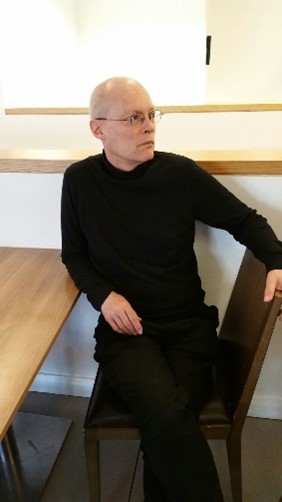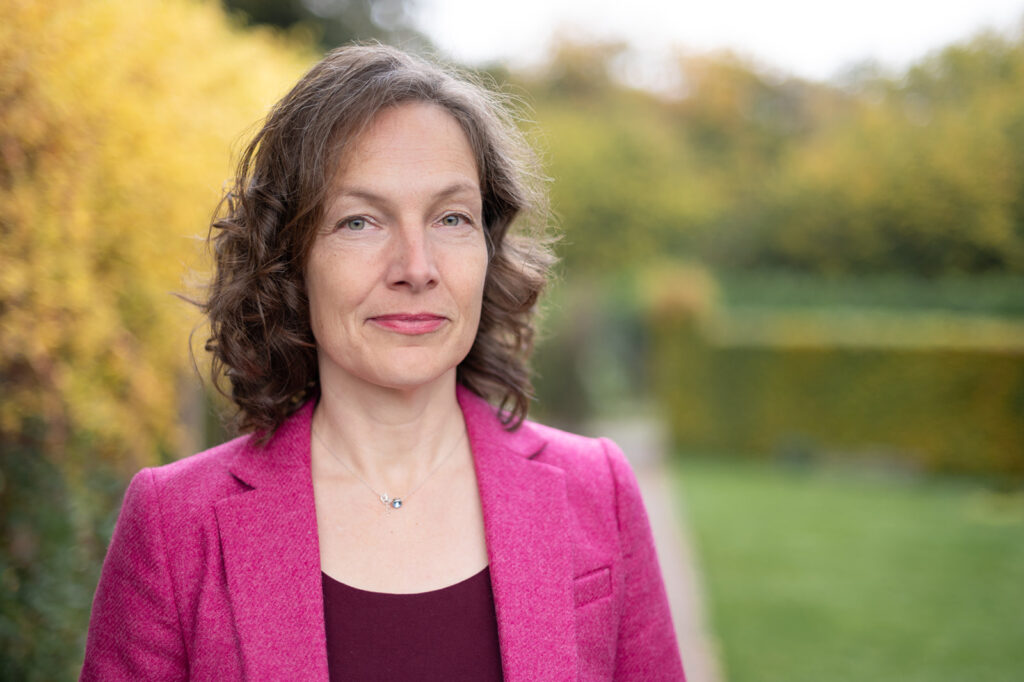Wochenübersicht:

Workshops:
https://dhd2024.dig-hum.de/programm-montag-26-02-2024/
https://dhd2024.dig-hum.de/programm-dienstag-27-02-2024/
Konferenzprogramm:
https://dhd2024.dig-hum.de/programm-mittwoch-28-02-2024/
https://dhd2024.dig-hum.de/programm-donnerstag-29-02-2024/
https://dhd2024.dig-hum.de/programm-freitag-01-03-2024/
Keynotes:
Opening Keynote Speaker: Prof. dr. Marco van Leeuwen

Marco H.D. van Leeuwen is a historian and a sociologist. He works at Utrecht University on Social Inequality and Social Solidarity globally, 16th-20th centuries. He also published on comparative global measures of social class and status based on multilingual occupational titles, and uses these to analyse social mobility and social homogamy in various countries 18th-20th centuries. His latest book is on mutual insurance in the Netherlands 1550-2020. His latest (co-authored) articles are on Elites and philanthropy in the Dutch Golden Age, and on Social Mobility and Migration to the Colonies: the case of Algeria. His latest interest are Biographical Dictionaries. See for his publications: | https://scholar.google.com/citations?user=Yvl_EKUAAAAJ&hl=fr
Comparative interdisciplinary research in History and Sociology
I will talk about the role of theory, methods, data and collaboration in History – and by extension the Human Sciences – and in the Social Sciences – in particular Sociology. These rather abstract notions are illustrated with examples from my past ERC-project Towards Open Societies, using big register datasets in several European countries to study social mobility and social homogamy over the past two centuries. I will also talk about the limitations of that project and how other more qualitative, textual sources may help to overcome these.
Closing Keynote Speaker: Prof. Michaela Mahlberg, PhD

Michaela Mahlberg is Professor of Corpus Linguistics at the University of Birmingham, UK. Her publications include the monograph Corpus Stylistics and Dickens’s Fiction (Routledge, 2013), and she has been leading the development of the CLiC web app for the study of literary language. CLiC is now used in over 100 countries world-wide. Michaela is the editor of the International Journal of Corpus Linguistics (John Benjamins) and together with Gavin Brookes she edits the book series Corpus and Discourse (Bloomsbury). She is the Vice President of the international Dickens Society and she is the host of the podcast “Life and Language”. Michaela has recently been awarded a Humboldt Professorship, Germany’s most prestigious prize for international researchers, to join Friedrich-Alexander-Universität Erlangen-Nürnberg.
Fiction – the key to bringing digital humanities and corpus linguistics closer together
In today’s digital age, many areas of the humanities have seen a digital turn and there is plenty of innovation in methods and tools. Still, there are also parallel developments across different fields, and even the danger of reinventing the wheel. The study of fiction is a case in point. In digital humanities, literary texts have received much attention. With a specific focus on language, literary texts have also been studied in corpus linguistics. While there is productive overlap between digital humanities and corpus linguistics research, there is still huge potential for more collaboration and more exchange of ideas. At times, it seems divisions between literary studies and linguistics have been carried over to separate approaches in digital humanities and corpus linguistics. I want to suggest that the way we approach fiction is the key to more collaborative thinking across different fields and disciplines. I focus on the example of corpus linguistics, but some of the points I will make do extend to other areas of humanities. Crucially, fiction is never just fiction. Fiction and non-fiction can be described along a continuum. We use fundamentally the same language to create fictional worlds and to talk about what we perceive as the ‘real world’. In this talk, I will look at how corpus approaches, as linguistic approaches, aim to account for properties of literary texts. On the other hand, I will consider how the study of literature and literary history can be linked up with questions in corpus-assisted discourse studies. Ultimately, collaborative approaches will not only lead to better methods and tools, but also to a better understanding of the fuzzy boundaries between fiction and the real world.

